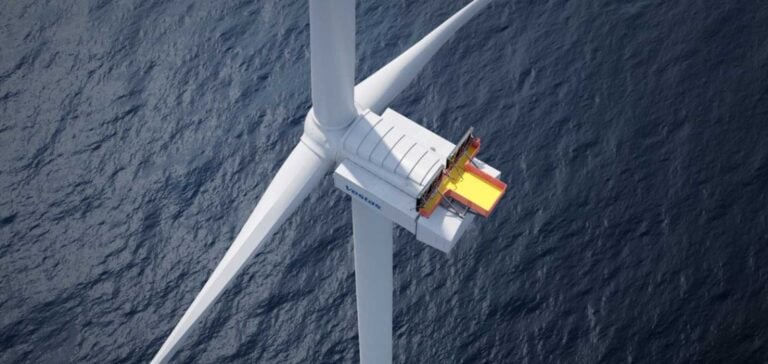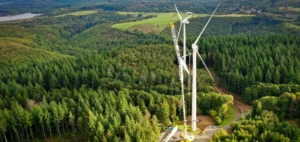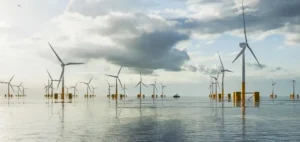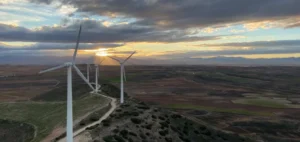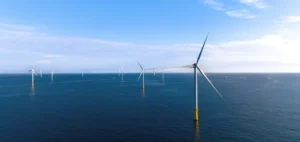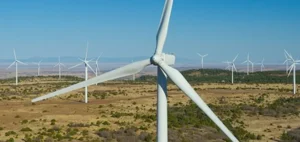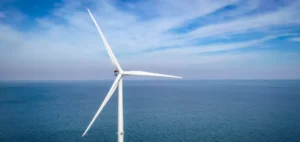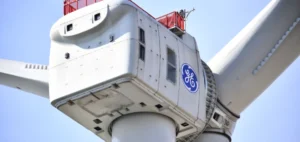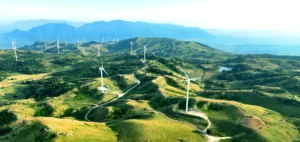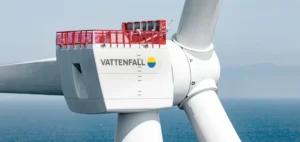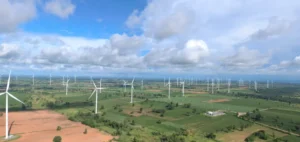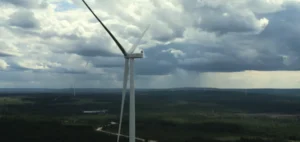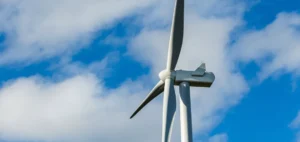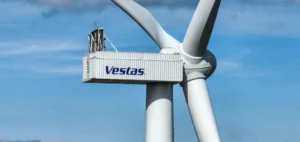RWE AG has confirmed the sale of a 49% stake in two of its major offshore wind projects to Norges Bank Investment Management (NBIM) for approximately €1.4bn ($1.52bn). The transaction includes the Nordseecluster project off the German coast and the Thor project off the Danish coast, with a combined capacity of 2.68 gigawatts (GW).
RWE retains a majority 51% stake and remains responsible for the construction and operation of both wind farms. NBIM, the manager of Norway’s sovereign wealth fund, thereby adds two projects to its portfolio, forming one of the largest offshore wind asset packages currently under development in Europe.
Two high-yield energy projects
Located approximately 50 kilometres north of Juist Island, the Nordseecluster project is being developed in two phases. The first, called Nordseecluster A, has a planned capacity of 660 megawatts (MW) and is scheduled to be commissioned in 2027. The second phase, Nordseecluster B, with a capacity of 900 MW, is expected by 2029. At full output, the site is anticipated to supply electricity to around 1.6 million German households.
The Danish Thor project, under construction 22 kilometres off the coast of Jutland, is set to become the country’s largest offshore wind farm. With a projected installed capacity of 1,080 MW and full commissioning planned for 2027, it could supply over one million Danish households.
Ongoing logistics and construction
Construction work is progressing according to schedule. For Thor, installation of monopile foundations has already commenced off the Danish coast. Regarding Nordseecluster A, the first structures have been delivered to the marshalling port in Eemshaven, Netherlands. Installation is planned to begin in summer 2025.
Both projects are scheduled to begin turbine installation in 2026. These steps mark a key milestone in the execution timeline as partners aim to maintain steady progress toward full commissioning.
Strategic positioning in offshore wind
RWE AG currently operates 19 offshore wind farms and continues to expand with multiple projects across Europe. In addition to Nordseecluster and Thor, the German company is constructing the Sofia project in the United Kingdom and OranjeWind in the Netherlands, the latter with a 50% stake.
“Through this partnership, we are pooling resources to deliver large-scale projects,” said RWE Chief Executive Officer Markus Krebber at the announcement of the deal. The partnership with NBIM reinforces institutional backing for offshore wind development across strategic European markets.


